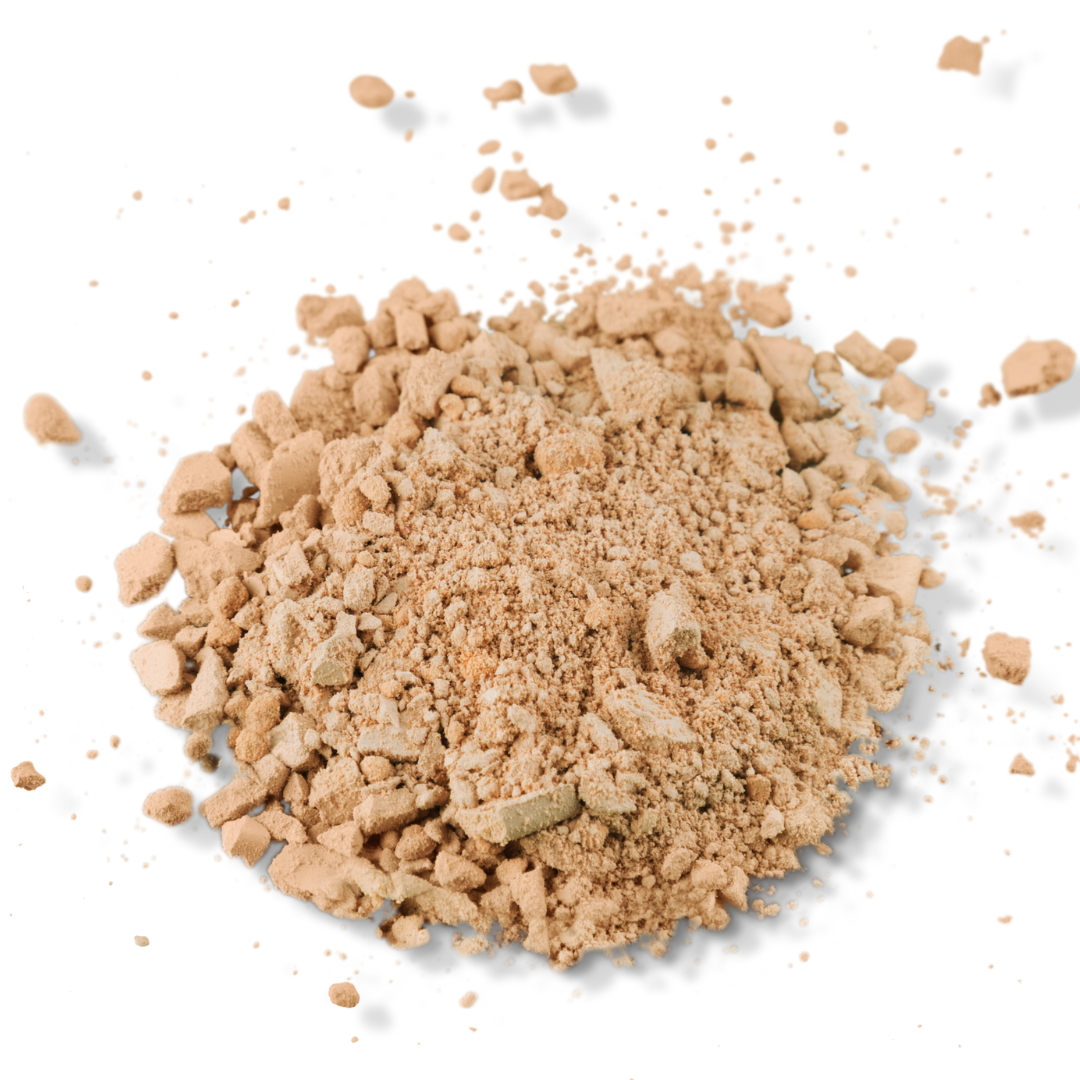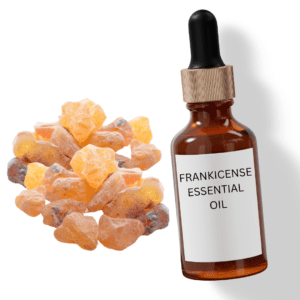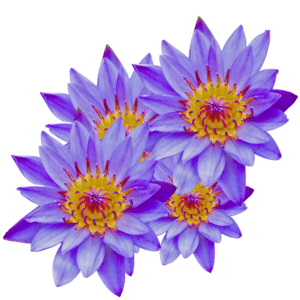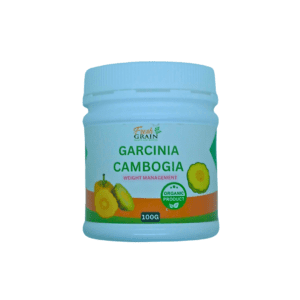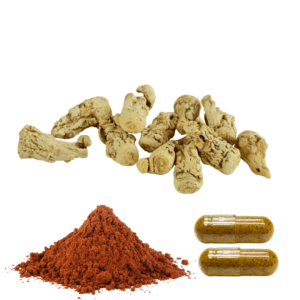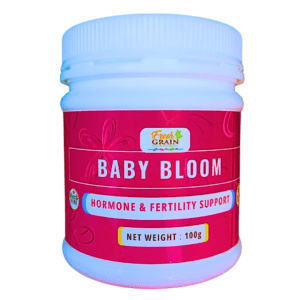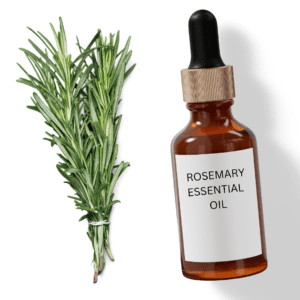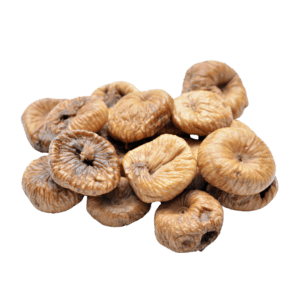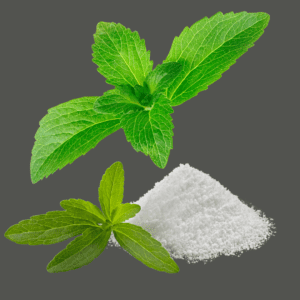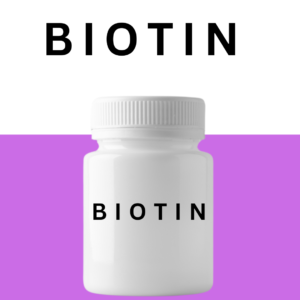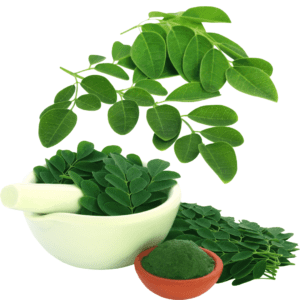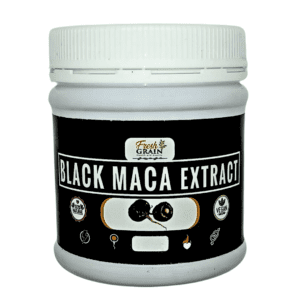Bentonite Clay Powder:
Description: Bentonite clay is a type of absorbent clay formed from volcanic ash. It’s named after the Fort Benton region in Wyoming, USA, where it was first discovered. Bentonite clay is known for its unique composition and ability to absorb and remove toxins from the body. The clay is often found in various shades, including gray, white, and green.
Nutritional Breakdown: Bentonite clay is primarily composed of minerals such as silica, aluminum, iron, sodium, and magnesium. While it doesn’t provide significant nutritional value when ingested, its absorbent properties make it valuable for external and internal uses.
Benefits:
- Detoxification:
- Bentonite clay is believed to have detoxifying properties, capable of binding to toxins and heavy metals in the body and helping eliminate them.
- Skin Health:
- When applied topically, bentonite clay can absorb excess oil and impurities from the skin, making it a popular ingredient in face masks and skincare products.
- Wound Healing:
- Some people use bentonite clay as a poultice on wounds or minor skin irritations to aid in healing.
- Digestive Health:
- In some traditional practices, bentonite clay is ingested in small amounts to support digestive health by promoting detoxification and balancing gut flora.
- Oral Care:
- Bentonite clay can be used in toothpaste or oral care products to help remove impurities and support oral health.
- Hair Care:
- When mixed with water or other ingredients, bentonite clay can be used as a hair mask to absorb excess oil and impurities from the scalp and hair.
How to Use Bentonite Clay Powder:
- Face Masks:
- Create a face mask by mixing bentonite clay with water or other liquid ingredients. Apply a thin layer to the face, let it dry, and then rinse off.
- Skin Poultice:
- For skin irritations or insect bites, make a poultice by mixing bentonite clay with water and applying it directly to the affected area.
- Baths:
- Add bentonite clay to bathwater for a detoxifying bath. It can help soothe the skin and promote detoxification through the skin.
- Hair Masks:
- Mix bentonite clay with water, apple cider vinegar, or aloe vera gel to create a hair mask. Apply to the scalp and hair, leave for a short time, and then wash out.
- Toothpaste:
- Combine bentonite clay with coconut oil, baking soda, and essential oils to make a natural toothpaste for oral care.
- Internal Use:
- If considering internal use, it’s crucial to consult with a healthcare professional. Mix a small amount of food-grade bentonite clay with water and consume as directed.
- DIY Deodorant:
- Bentonite clay can be included in homemade deodorant recipes to help absorb moisture and neutralize odors.
Note: When using bentonite clay, ensure that you purchase a high-quality, food-grade product. Additionally, it’s advisable to perform a patch test before applying it to the entire face or body, especially for those with sensitive skin. Internal use should only be done under the guidance of a healthcare professional. Pregnant or nursing individuals and those with certain health conditions should exercise caution and seek professional advice.

